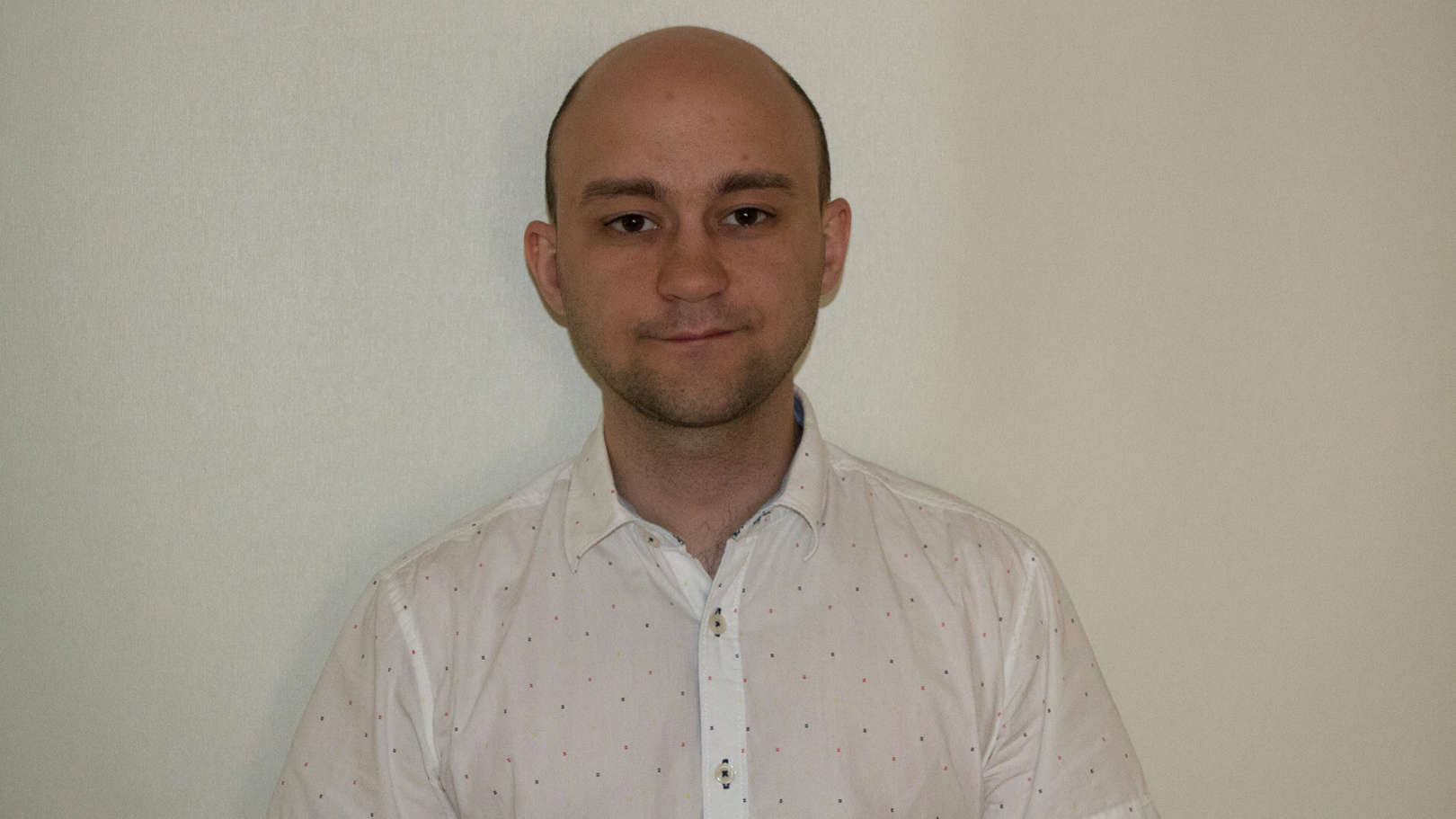Detalhes
Nome
Leandro Rafael GomesCargo
Investigador Colaborador ExternoDesde
15 abril 2016
Nacionalidade
PortugalCentro
Laboratório de Software ConfiávelContactos
+351253604477
leandro.r.gomes@inesctec.pt

2023
Autores
Gomes, L; Madeira, A; Barbosa, LS;
Publicação
MATHEMATICAL STRUCTURES IN COMPUTER SCIENCE
Abstract
This paper introduces a class of automata and associated languages, suitable to model a computational paradigm of fuzzy systems, in which both vagueness and simultaneity are taken as first-class citizens. This requires a weighted semantics for transitions and a precise notion of a synchronous product to enforce the simultaneous occurrence of actions. The usual relationships between automata and languages are revisited in this setting, including a specific Kleene theorem.
2021
Autores
Jain, M; Gomes, L; Madeira, A; Barbosa, LS;
Publicação
2021 INTERNATIONAL SYMPOSIUM ON THEORETICAL ASPECTS OF SOFTWARE ENGINEERING (TASE 2021)
Abstract
Fuzziness, as a way to express imprecision, or uncertainty, in computation is an important feature in a number of current application scenarios: from hybrid systems interfacing with sensor networks with error boundaries, to knowledge bases collecting data from often non-coincident human experts. Their abstraction in e.g. fuzzy transition systems led to a number of mathematical structures to model this sort of systems and reason about them. This paper adds two more elements to this family: two modal logics, framed as institutions, to reason about fuzzy transition systems and the corresponding processes. This paves the way to the development, in the second part of the paper, of an associated theory of structured specification for fuzzy computational systems.
2021
Autores
Gomes, L; Madeira, A; Barbosa, LS;
Publicação
SOFT COMPUTING
Abstract
Fuzzy programming languages, such as the Fuzzy Arden Syntax (FAS), are used to describe behaviours which evolve in a fuzzy way and thus cannot be characterized neither by a Boolean outcome nor by a probability distribution. This paper introduces a semantics for FAS, focusing on the weighted parallel interpretation of its conditional statement. The proposed construction is based on the notion of a fuzzy multirelation which associates with each state in a program a fuzzy set of weighted possible evolutions. The latter is parametric on a residuated lattice which models the underlying semantic 'truth space'. Finally, a family of dynamic logics, equally parametric on the residuated lattice, is introduced to reason about FAS programs.
2020
Autores
Gomes, L; Madeira, A; Barbosa, LS;
Publicação
ELECTRONIC NOTES IN THEORETICAL COMPUTER SCIENCE
Abstract
This paper introduces a sort of automata and associated languages, often arising in modelling natural phenomena, in which both vagueness and simultaneity are taken as first class citizens. This requires a fuzzy semantics assigned to transitions and a precise notion of a synchronous product to enforce the simultaneous occurrence of actions. The expected relationships between automata and languages are revisited in this setting; in particular it is shown that any subset of a fuzzy synchronous language with the suitable signature forms a synchronous Kleene algebra.
2020
Autores
Gomes, L;
Publicação
DYNAMIC LOGIC: NEW TRENDS AND APPLICATIONS, DALI 2019
Abstract
Dynamic logic is a powerful framework for reasoning about imperative programs. An extension with a concurrent operator, called concurrent propositional dynamic logic (CPDL) [20], was introduced to formalise programs running in parallel. In a different direction, other authors proposed a systematic method for generating multi-valued propositional dynamic logics to reason about weighted programs [15]. This paper presents the first step of combining these two frameworks to introduce uncertainty in concurrent computations. In the proposed framework, a weight is assigned to each branch of the parallel execution, resulting in a (possible) asymmetric parallelism, inherent to the fuzzy programming paradigm [2,23]. By adopting such an approach, a family of logics is obtained, called multi-valued concurrent propositional dynamic logics (GCDL(A)), parametric on an action lattice A specifying a notion of "weight" assigned to program execution. Additionally, the validity of some axioms of CPDL is discussed in the new family of generated logics.
The access to the final selection minute is only available to applicants.
Please check the confirmation e-mail of your application to obtain the access code.

